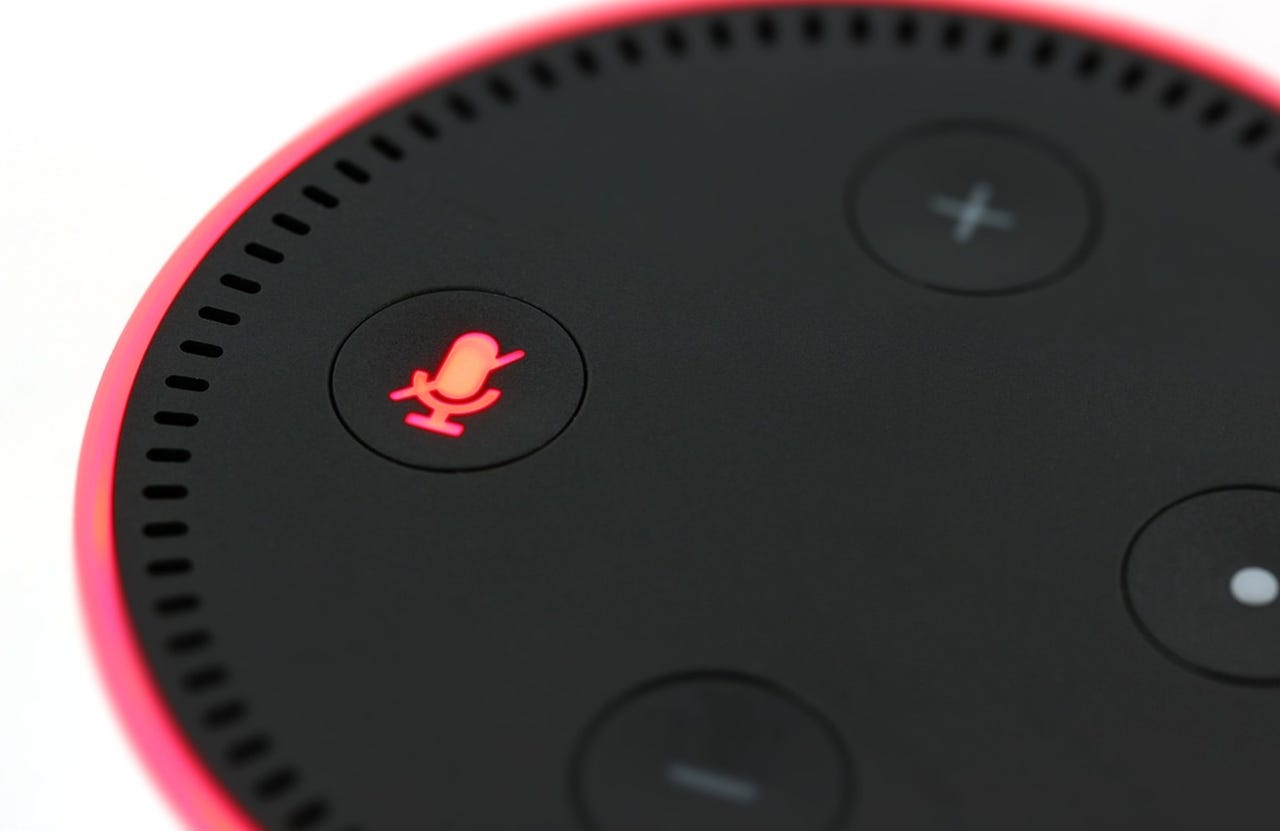No, I won't use the Amazon Echo to buy things. Because of Alexa


Amazon may have sold approximately 50 million Amazon Echo home assistants worldwide, but when it comes to voice-activated purchases through the device, few are biting.
Featured
OC&C Strategy Consultants estimates that by 2022, voice-activated shopping will be an industry worth $40 billion, a massive jump from $2 billion this year.
According to a report this week by The Information, these predictions may be far from the truth.
Two unnamed sources briefed on the use of Amazon's Echo smart speaker told the publication that far from being embraced by users for this purpose, only about two percent of Echo owners have made a purchase through the device in 2018.
Out of those that do so, only ten percent have made a second purchase so far this year, the rest abandoning the idea for more familiar purchase channels.
Marketing and sales progression, however, does seem to be more successful through the Echo. In total, 20 percent of owners have engaged with Alexa through commands such as "Where is my stuff?."
Patrick Givens, a skills developer for Amazon's Alexa and Google Assistant, told the publication that when approached by vendors to sell products through the voice assistants, he sometimes has to adroitly manage expectations.
"We've done a lot of work to manage back the expectations to say we don't expect a high volume of purchase here right away," Givens said. "We would definitely think of commerce in voice today as a space to try to build learnings right now, but not a place where we expect to see meaningful purchase volume."
There are challenges associated with the mass adoption of new ways to make a purchase. Online shopping, mobile payments, and contactless cards were all developed to create new sales channels, reduce payment barriers, and increase consumer convenience.
However, voice-based sales take away visuals and in-depth reviews that many rely on before making a purchase.
In the same manner as Amazon Dash buttons, voice-based sales may have a place in general, daily purchase decisions, such as when you need more washing powder or cat food. The purchase patterns are constant and consumers know what they are buying and from what brands.
However, when it comes to one-off and expensive buys -- such as cameras or furniture -- few would do so through voice systems without conducting extensive research first.
There is another problem. The Alexa voice assistant itself.
My own Echo is stationed in the lounge where it is most convenient for controlling my Hue lighting, setting kitchen timers, and listening to daily news bites. The device, fondly nicknamed "Wiretap" in my house, has provided a number of benefits to home life, but as a tradeoff, also causes some annoyance.
TechRepublic: Amazon Echo: The smart person's guide
The voice assistant has a habit of listening in to television noise and background conversations in order to spout nonsense, such as the failure to answer a question I apparently asked, or reciting a fact from a battle I have never heard of while watching a completely unrelated television show. (Let's not mention the creepy laughter in the early hours of the morning, either.)
Voice technologies have a long way to improve and the idea of handing over access to my Amazon account -- and linked credit cards -- to a device which is able to erupt into spontaneous cackling is a risk I am unwilling to take.
It was only last year that after a TV anchor said, "Alexa, order me a dollhouse" that viewers reportedly found themselves beginning the order process as their own devices picked up the command.
See also: Alexa, shut up: Amazon tries to stifle spontaneous laughter
To be fair to Amazon, you do have to confirm a purchase with a "yes" command, and so if you accidentally make a purchase, there is the chance to salvage the situation. You can also stop purchases altogether or put a code in place to prevent kids from ordering themselves the latest toy or snacks.
However, keeping the purchase option on simply adds to the irritation of telling the Echo to be quiet when it misconstrues noise around it into shopping requirements. It's already a daily occurrence for me to tell the Echo to stop when it chatters randomly during a show or private conversation.
The idea of then having to cancel the purchase of items my television apparently needs in its life is far from palatable.
CNET: Does Amazon have new Alexa hardware on the way?
The issue, however, lies deeper. When it comes to our finances -- of which a small issue can unravel into something capable of completely disrupting our lives -- comfort and trust factors are paramount.
I don't yet trust my Echo, or Amazon's voice recognition technology systems, enough to take care of purchase decisions on my behalf.
In contrast, cash, credit cards, and locked-down online payment accounts have familiar processes in place to make a purchase, they require authentication, and any purchases which appear out of the common way are flagged for fraud.
Alexa, on the other hand, is a relatively new device which is constantly being improved. The idea of making purchase decisions just through sound is new and unfamiliar, and fraught with potential problems.
Between creepy laughing, private messages being sent without consent, and less-than-perfect voice recognition technology, for now, I will be keeping my credit card firmly away from the Echo's clutches.